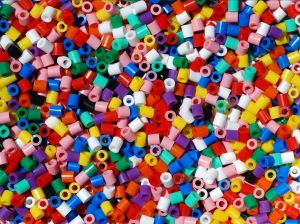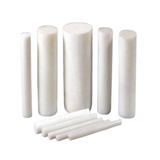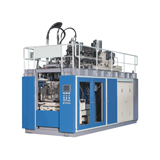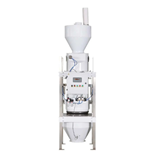Led by the University of Sydney's Professor Thomas Maschmeyer, the project is a collaboration with CSIRO, which builds on Professor Maschmeyer's current research making biocrude oil from sustainable feedstocks, including forestry waste and seaweed, in a process that uses water at very high temperatures and high pressures.
This new project will find ways to use the products that are created in addition to the biocrude oil.
"The process we use to make biocrude - called hydrothermal upgrading (HTU) - involves taking biomass and heating it in water so that you get three things happening: a spontaneously separating bio oil, the production of gases and of chemicals dissolved in water," Professor Maschmeyer said.
According to Professor Maschmeyer, these gases and chemicals could be put to a range of uses, including making the polyethylene and propylene that is commonly found in furniture and plastics, and material called aromatics that are used in resins, foams, rubbers, coatings, varnishes and solvents.
The project - called the Advanced Catalytic Processes for Renewable Chemicals Manufacture - is funded by a $5 million cash grant from the Science and Industry Endowment Fund (SIEF), matched by $5 million in-kind funding from CSIRO and the University of Sydney.
At Sydney the research will be conducted together with Professor Brian Haynes, primarily at a purpose-built facility at the known as the NCRIS biomass reactor, using waste products already being generated by the timber industry.
The second part of the project will be conducted by the CSIRO, focusing on enzymatic routes towards renewable chemicals as well as on the gaseous products of the HTU process.
Professor Maschmeyer predicts that in the future sea grass and algae could provide the raw materials for the production.
"Going offshore, into salt water, has the advantage of competing with neither current land, nor fresh water uses," Professor Maschmeyer said.
The project has the support of major industry players such as Lyondell-Basell, Dow Australia, Visy, Amcor and Ignite Energy, as well as the Department of Resources, Energy and Tourism and the Department of Innovation, Industry, Science and Research, with each of these bodies having a seat on the project's advisory board.









